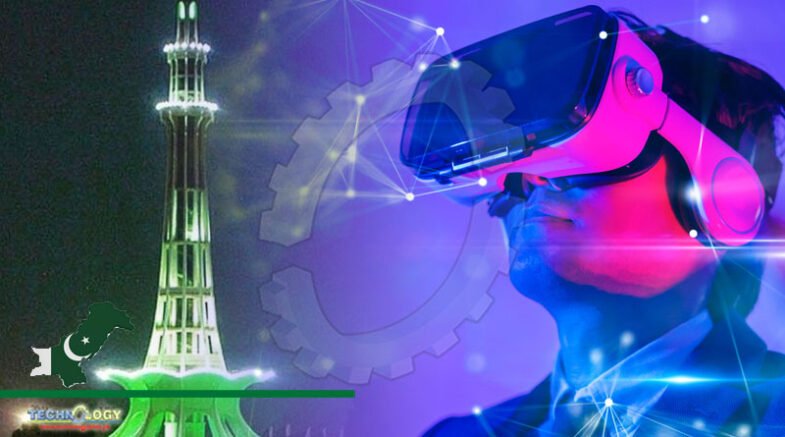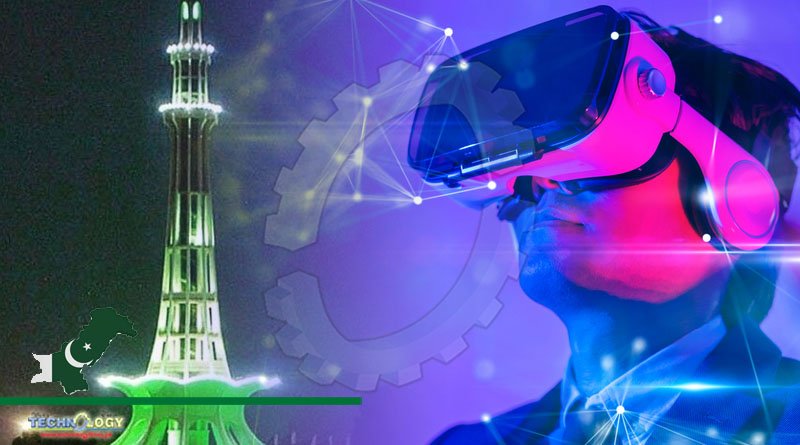Pakistan’s 70-metre tower, titled the ‘Minar-e-Pakistan’ is now entering the metaverse. Brought virtually to life by Eventcombo, visitors in the metaverse can see a 360-degree panoramic view of the monument.

Pakistan’s 70-metre tower, titled the ‘Minar-e-Pakistan’ is now entering the metaverse. Brought virtually to life by Eventcombo, visitors in the metaverse can see a 360-degree panoramic view of the monument.
Minar E Pakistan is a tower located in Lahore, Pakistan. The tower was built between 1960 and 1968 on the site where the All-India Muslim League passed the Lahore Resolution on 23 March 1940. The 70-meter-tall tower was designed and supervised by Pakistani-Russian architect Nasreddin Murat-Khan who charged no fee for the project. The foundation stone for the monument was laid on March 23, 1960 and it was completed on October 21, 1968.
Originally situated in the heart of Lahore, the historical monument features a combination of modern and Mughal architecture, which can been seen in the metaverse.
“Technology is galloping beyond geographical boundaries to enhance access to the wonders of the world. Visiting the digital twin of Pakistan’s 70-metre tower Minar-e-Pakistan is like re-visiting the bygone era and exploring the cultural heritage of Pakistan, up and close,” Eventcombo said in an emailed statement.
Minar-e-Pakistan joins many other historical sites in the metaverse. Recently, Saudi Arabia’s AlUla joined the metaverse, as part of KSA’s Vision 2030 National Transformation Programme to empower technological transformation and innovation.
Digital tourists at the metaverse will see a “completely immersive 3D model of Hegra’s Tomb of Lihyan, Son of Kuza, UNESCO World Heritage site,” the statement said, adding that the monument will allow virtual tourists to explore its unique features from anywhere in the world.
“RCU’s entry into the metaverse is a groundbreaking development in innovation and virtual reality tourism that connects the whole world with the wonders of AlUla,” RCU’s chief executive officer Eng Amr AlMadani said.
Historical sites in the metaverse enable many architects and archaeologists to preserve history and culture of sites, monuments and findings without the fear of it being depleted over time.
Originally published at Arabian Business
